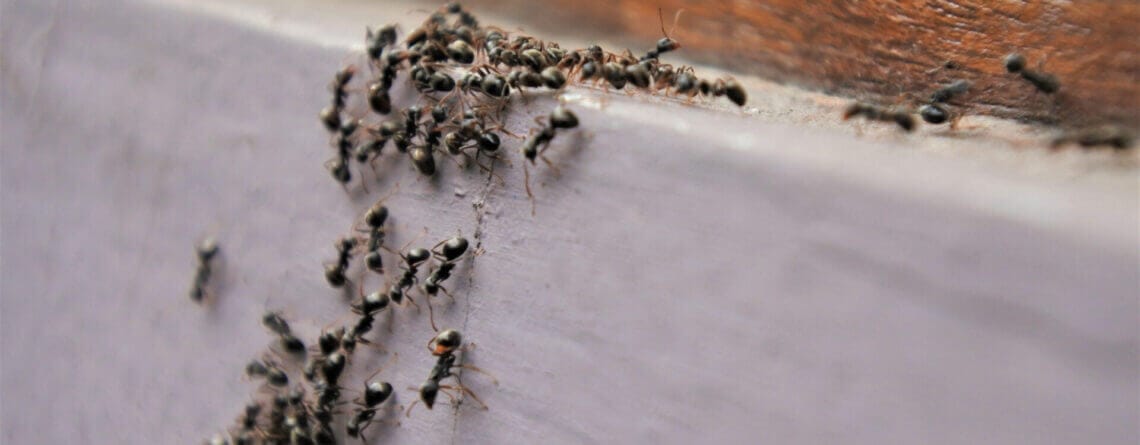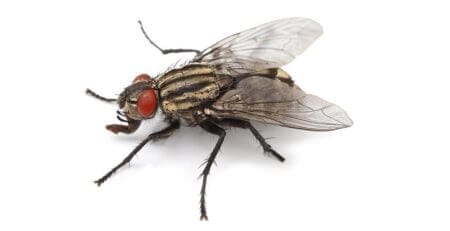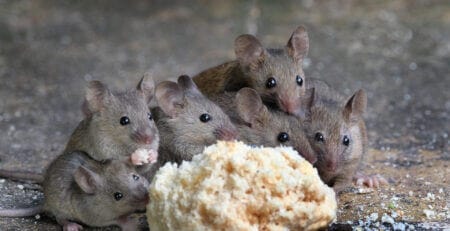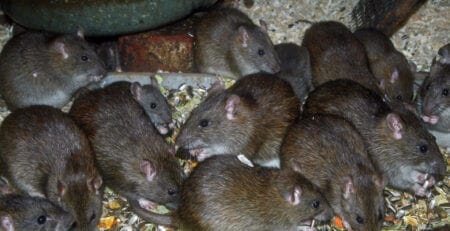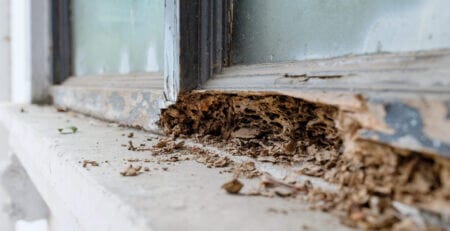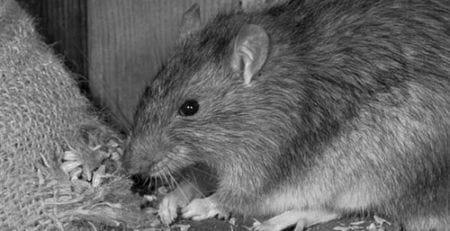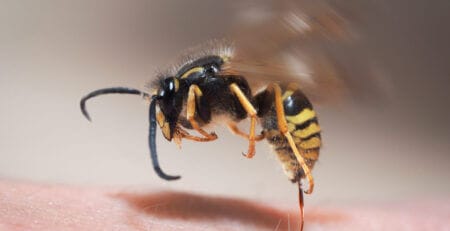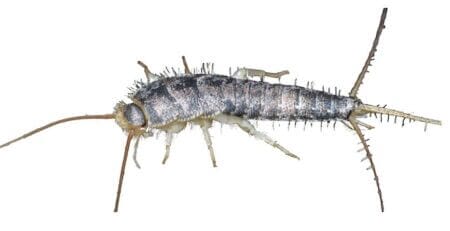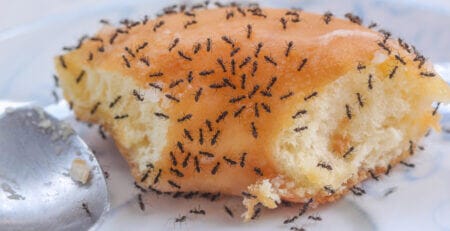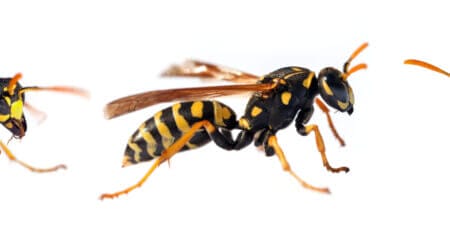Ant Control in Different Environments:
Ants can infiltrate various environments, posing challenges for homeowners, businesses, and outdoor spaces. Implementing effective ant control measures specific to each setting is crucial for preventing infestations and maintaining a pest-free environment. In this comprehensive article, we will explore ant control strategies tailored to different environments. We will provide ant control tips for homeowners, solutions for restaurants and food service establishments, prevention methods for gardens and outdoor spaces, and strategies for ant control in schools, offices, and other commercial spaces.
Ant Control Tips for Homeowners: Kitchens, Bathrooms, and Basements
Ants are common pests in residential settings, particularly in kitchens, bathrooms, and basements.
Here are some effective ant control tips for homeowners:
Eliminate Food Sources: Keep kitchen countertops clean, store food in airtight containers, and promptly clean up spills and crumbs.
Seal Entry Points: Seal cracks, gaps, and crevices to prevent ants from entering your home.
Maintain Proper Sanitation: Keep bathrooms dry, fix leaks, and regularly clean drains to eliminate moisture that attracts ants.
Address Damp Areas: Reduce humidity in basements, fix any moisture issues, and ensure proper ventilation.
By implementing these strategies, homeowners can effectively control ant infestations and create a pest-free living environment.
Ant Control Solutions for Restaurants and Food Service Establishments
Restaurants and food service establishments are particularly vulnerable to ant infestations due to the presence of food. Here are some ant control solutions for these environments:
Strict Sanitation Practices: Clean and sanitize food preparation areas regularly, including floors, countertops, and storage areas.
Proper Food Storage: Store food in sealed containers, inspect deliveries for ant presence, and dispose of waste promptly.
Eliminate Moisture: Fix leaks, ensure proper drainage, and address any moisture issues that may attract ants.
Professional Pest Management: Establish regular inspections and work with a reputable pest control company to implement preventive measures and address infestations promptly.
By prioritizing sanitation, proper food storage, and professional pest management, restaurants and food service establishments can effectively control ant infestations and ensure the safety and quality of their operations.
Preventing Ants in Gardens and Outdoor Spaces
Ants can create problems in gardens and outdoor spaces, affecting plants, landscapes, and outdoor activities. Here are some prevention methods to keep ants at bay:
Remove Attractants: Keep outdoor spaces clean, remove fallen fruits, clean up debris, and trim vegetation away from structures.
Create Physical Barriers: Use ant-proof barriers, such as gravel or diatomaceous earth, around garden beds and structures.
Natural Repellents: Plant ant-repelling herbs, such as mint or lavender, near vulnerable areas or use natural repellents, like vinegar or citrus peels.
Monitor and Address Nests: Regularly inspect the garden for ant nests and apply appropriate control methods if necessary.
By implementing these preventive measures, gardeners and outdoor enthusiasts can minimize ant infestations and maintain a thriving outdoor environment.
Ant Control for Schools, Offices, and Other Commercial Spaces
Schools, offices, and other commercial spaces require comprehensive ant control strategies to ensure a productive and safe environment. Here are some effective methods:
Regular Inspections: Conduct routine inspections to identify ant entry points, nests, and potential attractants.
Proper Waste Management: Implement proper waste disposal and maintain clean and sanitary environments to minimize ant attraction.
Sealing Entry Points: Seal cracks, gaps, and openings to prevent ant access.
Professional Integrated Pest Management
Work with professional pest management services to develop an integrated pest control plan tailored to the specific needs of the commercial space.
Employee Education: Train employees on proper sanitation practices, prompt reporting of ant sightings, and preventive measures to minimize ant infestations.
Targeted Treatments: Utilize targeted ant control methods, such as baits, traps, or residual sprays, in accordance with the specific requirements and regulations of the commercial space.
By implementing these strategies, schools, offices, and other commercial spaces can effectively control ant infestations, maintain a hygienic environment, and ensure the well-being of employees and visitors.
Conclusion
Ant control strategies must be adapted to different environments to effectively combat infestations and maintain pest-free spaces. Homeowners can implement specific measures in kitchens, bathrooms, and basements to prevent ant entry and eliminate attractants. Restaurants and food service establishments should prioritize sanitation, proper food storage, and professional pest management to ensure food safety. In gardens and outdoor spaces, removing attractants, creating barriers, and utilizing natural repellents can minimize ant infestations. Schools, offices, and other commercial spaces require regular inspections, sealing entry points, employee education, and targeted treatments to maintain productive and safe environments. By adopting environment-specific ant control strategies, individuals and businesses can successfully manage ant infestations and create pest-free spaces conducive to health, productivity, and enjoyment.

